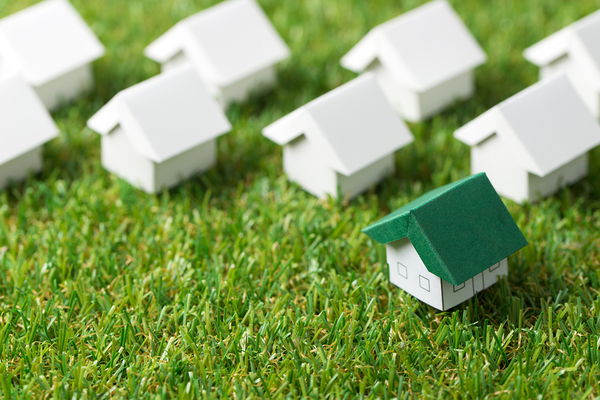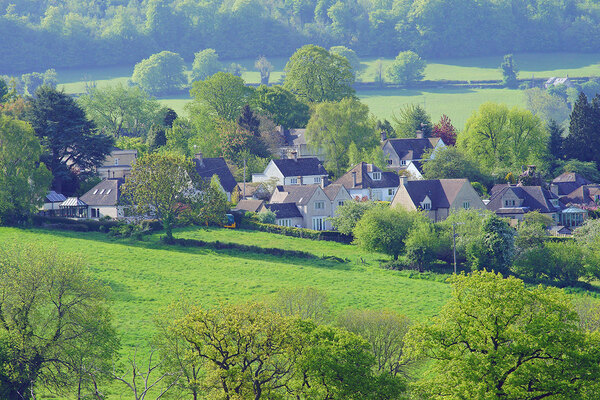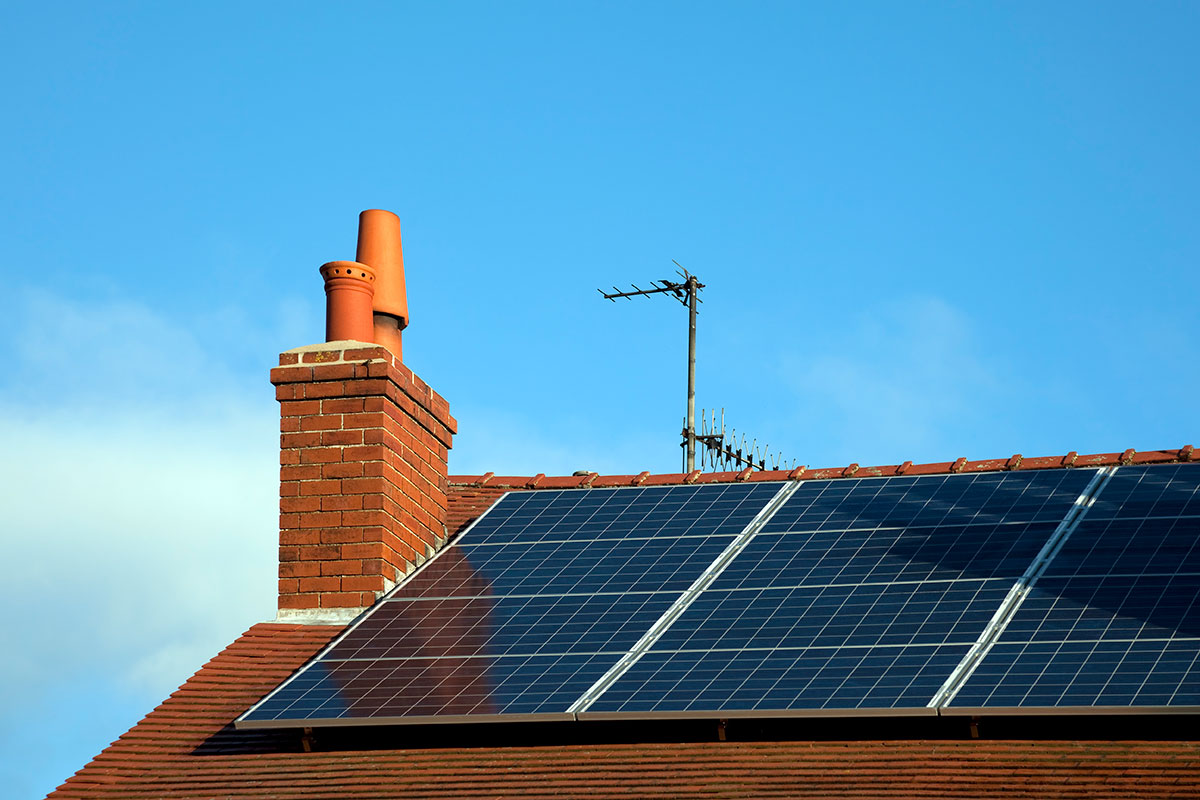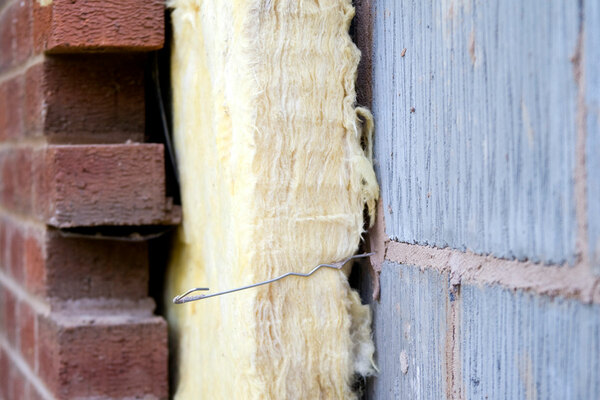You are viewing 1 of your 1 free articles
Tougher green building regulations on new homes may cost developers £10bn
Government plans to implement a new green standard for homes, which would look to slash the carbon footprints of properties, could cost the industry more than £10bn over 70 years.
The impact assessment of the new green standard was published alongside the government proposals put forward by Robert Jenrick, housing secretary, at the Conservative Party conference, and revealed the cost of the work is estimated at more than £10bn but could deliver benefits worth £11bn.
The impact assessment backed a 30% improvement on energy standards for new dwellings compared with 2013 as its “preferred option”.
It stated the new plans would deliver “a world-leading performance standard incorporating low-carbon heat in new homes by 2025”.
The higher-level new standards are estimated to cost £10.46bn over 70 years. Improvements would be sought via tougher building regulations based on overall carbon performance and primary energy targets, with mandatory energy efficiency requirements, improvements to ventilation and airtightness standards.
However, the 30% improvement in energy efficiency and carbon reductions was estimated to deliver £7.7bn in energy savings via lower heating bills as well as £3.3bn in non-financial benefits such as carbon savings and air quality savings in the same period.
The proposed changes to Part L (conservation of fuel and power) and Part F (ventilation) of the Building Regulations for new dwellings could come into force in 2025 as part of plans to deliver on climate change targets.
The consultation on new standards will run until January 2020.
The economic assessment stated: “The initial capital costs will be borne by developers, but these costs may ultimately be passed to landowners.
“The costs would fall with moderate efficiency gain through learning over time. Maintenance and replacement costs will be borne by building owner or occupier.”
The impact assessment states that several market failures currently exist in the UK housing market, when it comes to buildings’ carbon footprints.
It stated: “Polluters (builders and building occupiers) do not incur the true cost of their emissions. Even if an appropriately high and sustained carbon price were applied, the mix of other market failures can act as a barrier to action [...]
“Most do not value better performing buildings at point of construction, sale or rent.
"In particular for most businesses, as opposed to households, energy costs are at present too small a percentage of their operating costs to make energy efficiency a material consideration in the choice of building they occupy [...]
“Conversely, a failure to set standards at point of build can lock a building into higher energy consumption, giving those consumers who do want to act limited scope to make savings [...]
“Split incentives mean that developers have little reason to build better performing buildings, as they do not enjoy the benefits of lower energy bills or income from energy generated by renewable technologies installed in the building.”
New and existing homes account for a fifth of the UK’s greenhouse gas emissions, and are a core part of the plan to decarbonise the economy by 2050.
Speaking at the launch of a public consultation on the new standards housing secretary Robert Jenrick said: “Building new homes isn’t just about bricks and mortar, I want to ensure everyone – including developers – do their bit to protect the environment and give the next generation beautiful, environmentally friendly homes that local communities can support.”












